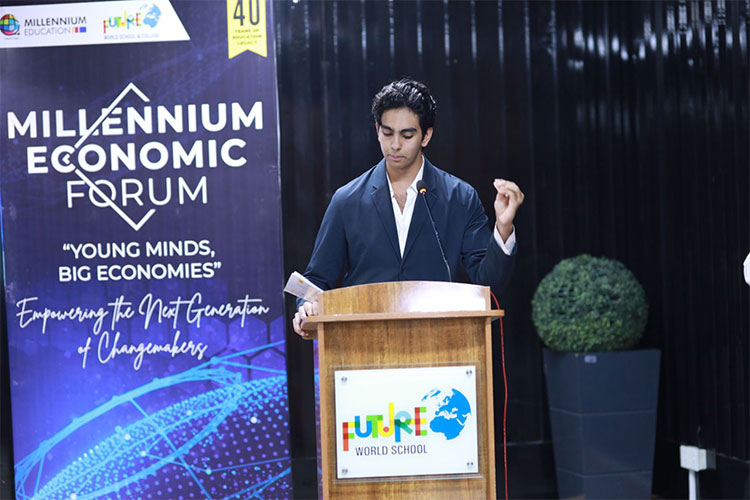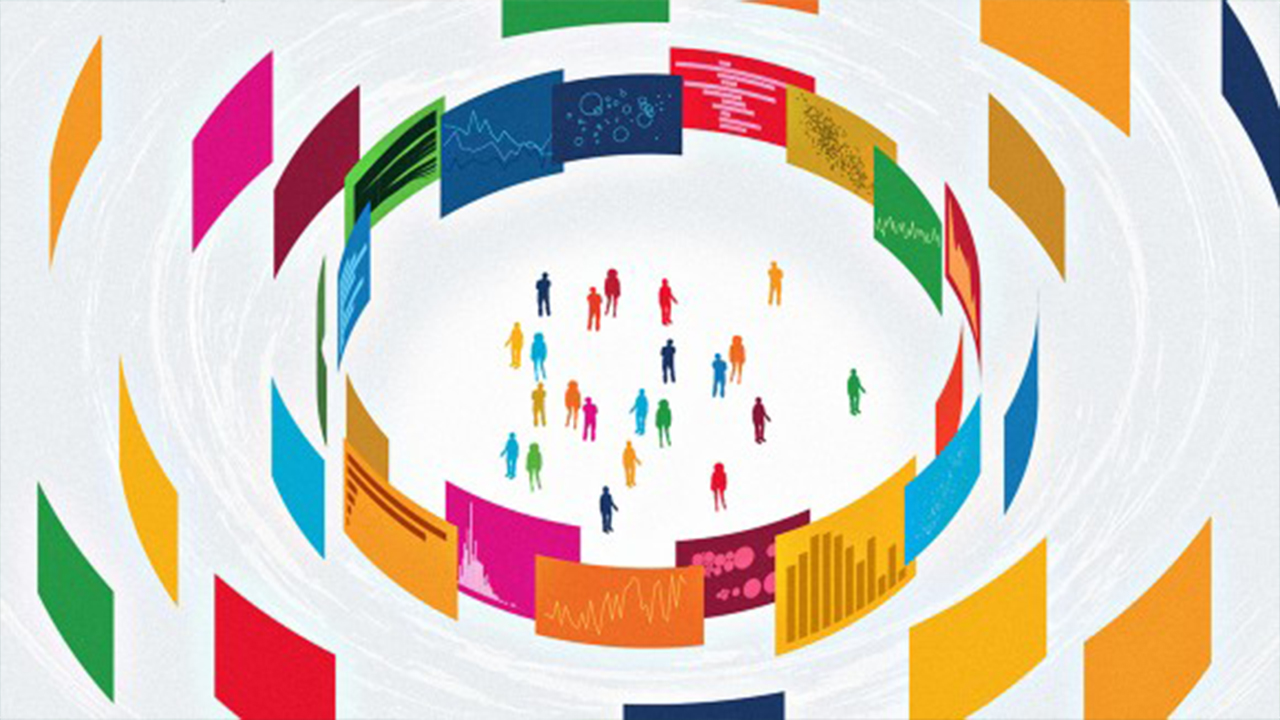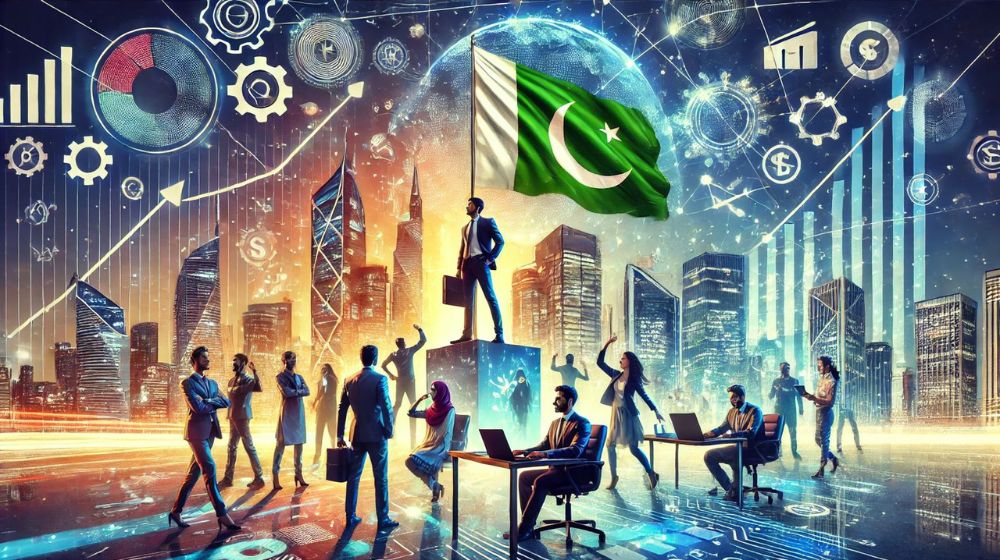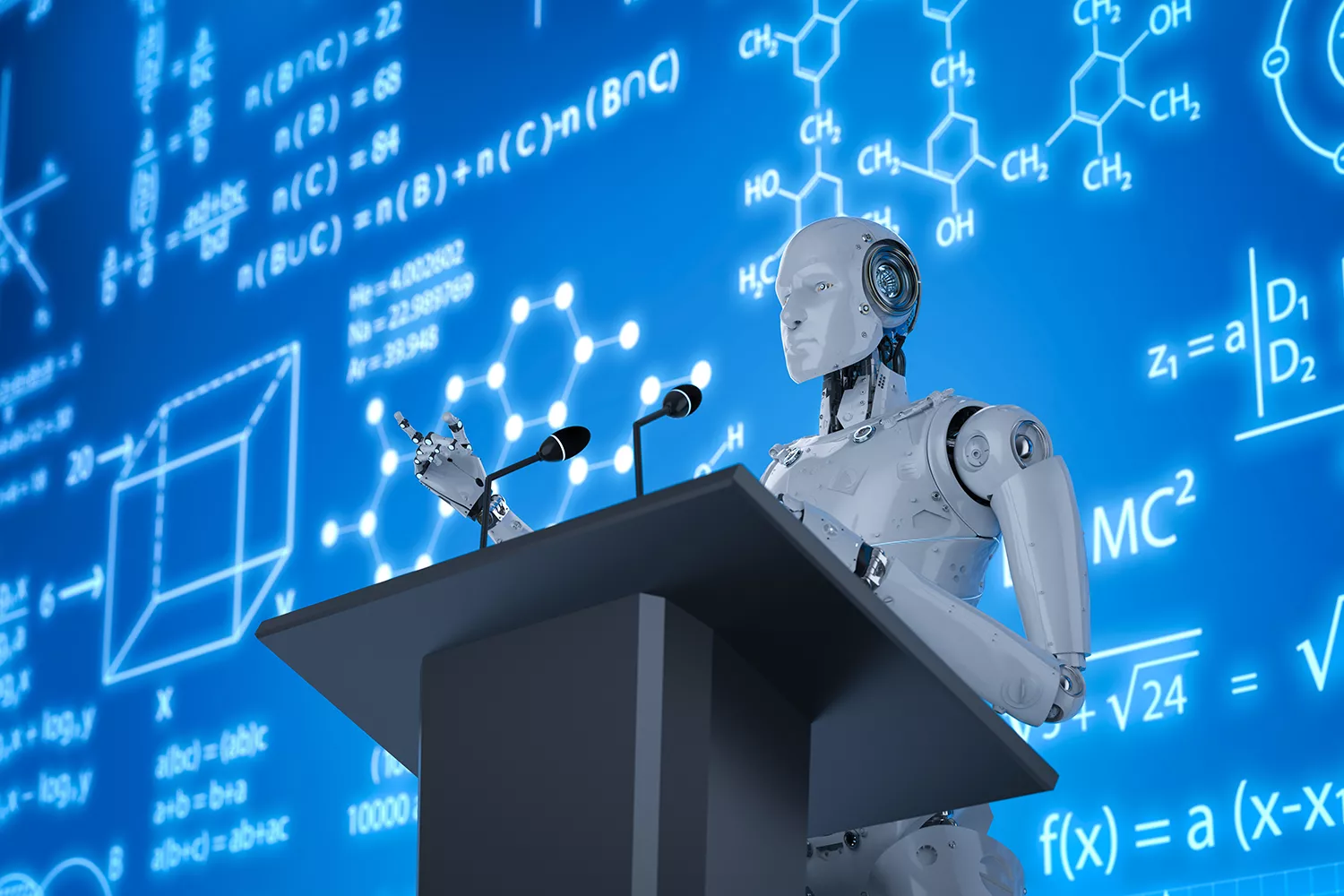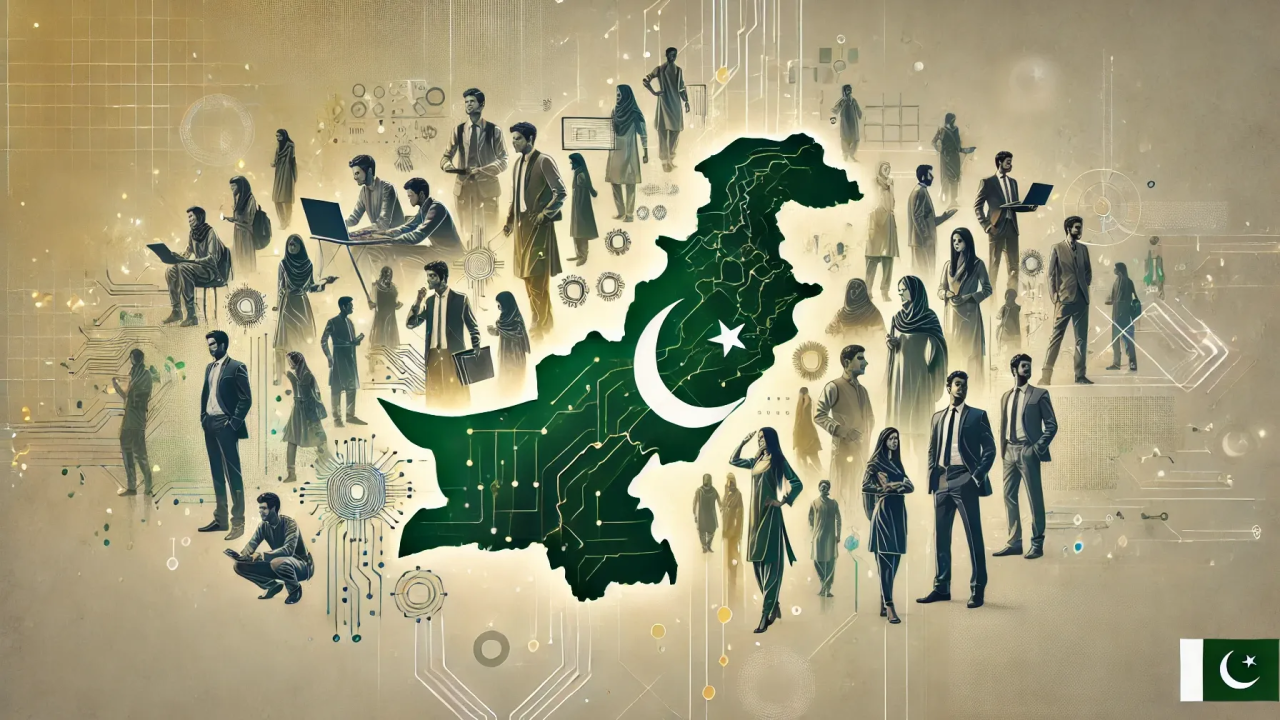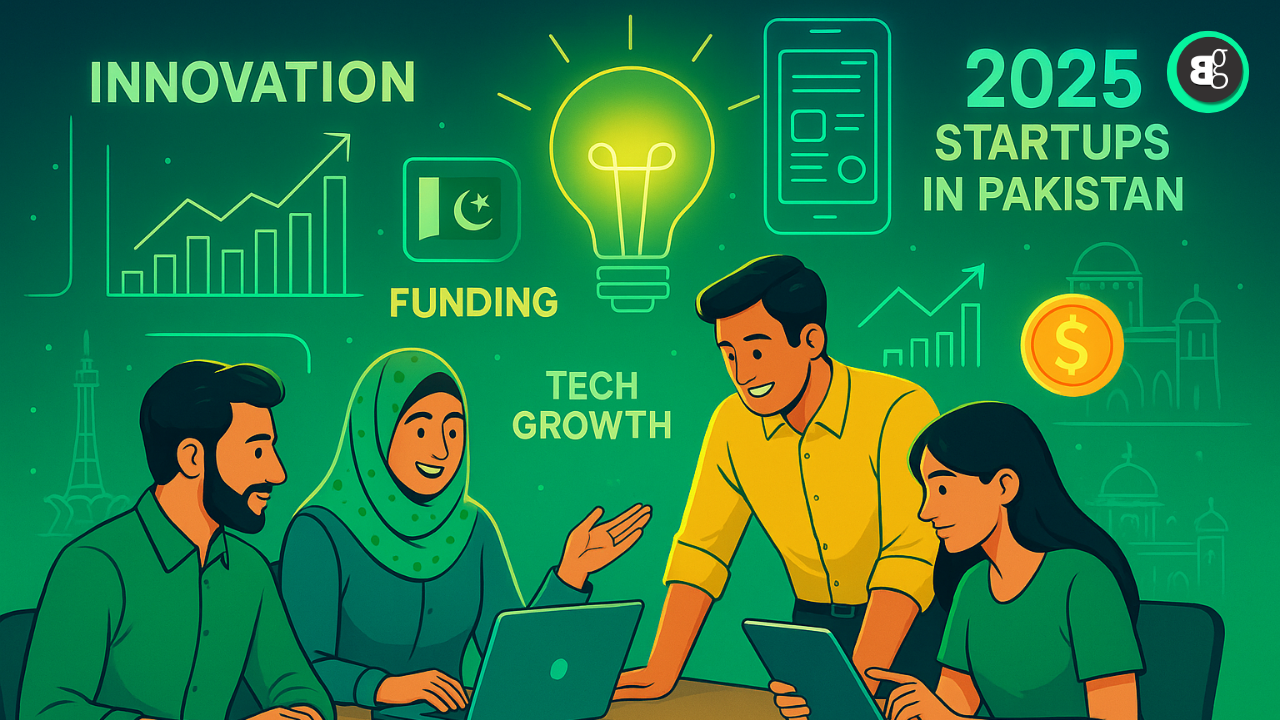Artificial Intelligence (AI) is no longer a futuristic concept; it is a present-day reality transforming industries, education, and society at large. For students in Pakistan, understanding AI is crucial not only for academic growth but also for career readiness and innovation. As the President of the Millennial Economic Forum (MEF), I have witnessed growing student interest in AI, and I believe its responsible adoption is key to shaping a competitive and forward-looking generation.
AI’s relevance in Pakistan is evident across multiple sectors. In healthcare, AI algorithms assist in disease detection and patient management. In education, adaptive learning platforms customize teaching according to student needs. In finance and business, AI optimizes operations, predicts trends, and improves decision-making. Students familiar with AI tools and concepts are better equipped to engage with these transformative technologies, whether in employment, entrepreneurship, or research.
Developing AI skills is essential. Programming, data analysis, machine learning, and problem-solving are critical competencies that prepare students for AI-driven careers. By engaging in workshops, online courses, and university programs, students can gain hands-on experience with AI applications. Additionally, participation in AI competitions and hackathons nurtures creativity and critical thinking, allowing students to translate theoretical knowledge into practical solutions.
AI also presents opportunities for student-led innovation. Young minds can create AI-based projects addressing local challenges—such as traffic management, energy optimization, or language translation tools. Such initiatives not only enhance learning but also have the potential to create social and economic impact, demonstrating the practical value of AI beyond the classroom.
Ethics and responsible AI use must accompany technical skills. Students should be aware of privacy concerns, biases in algorithms, and the societal implications of AI. Responsible adoption ensures that technology benefits all, reduces inequalities, and maintains accountability in decision-making processes. By understanding AI ethics, students become leaders who can balance innovation with societal well-being.
In conclusion, AI is a transformative force that Pakistan’s students cannot afford to ignore. By learning relevant skills, engaging in innovative projects, and understanding ethical implications, students prepare themselves for a future dominated by technology. As MEF President, I encourage my peers to embrace AI proactively, harness its potential responsibly, and position themselves as leaders capable of driving both innovation and social progress in Pakistan.


